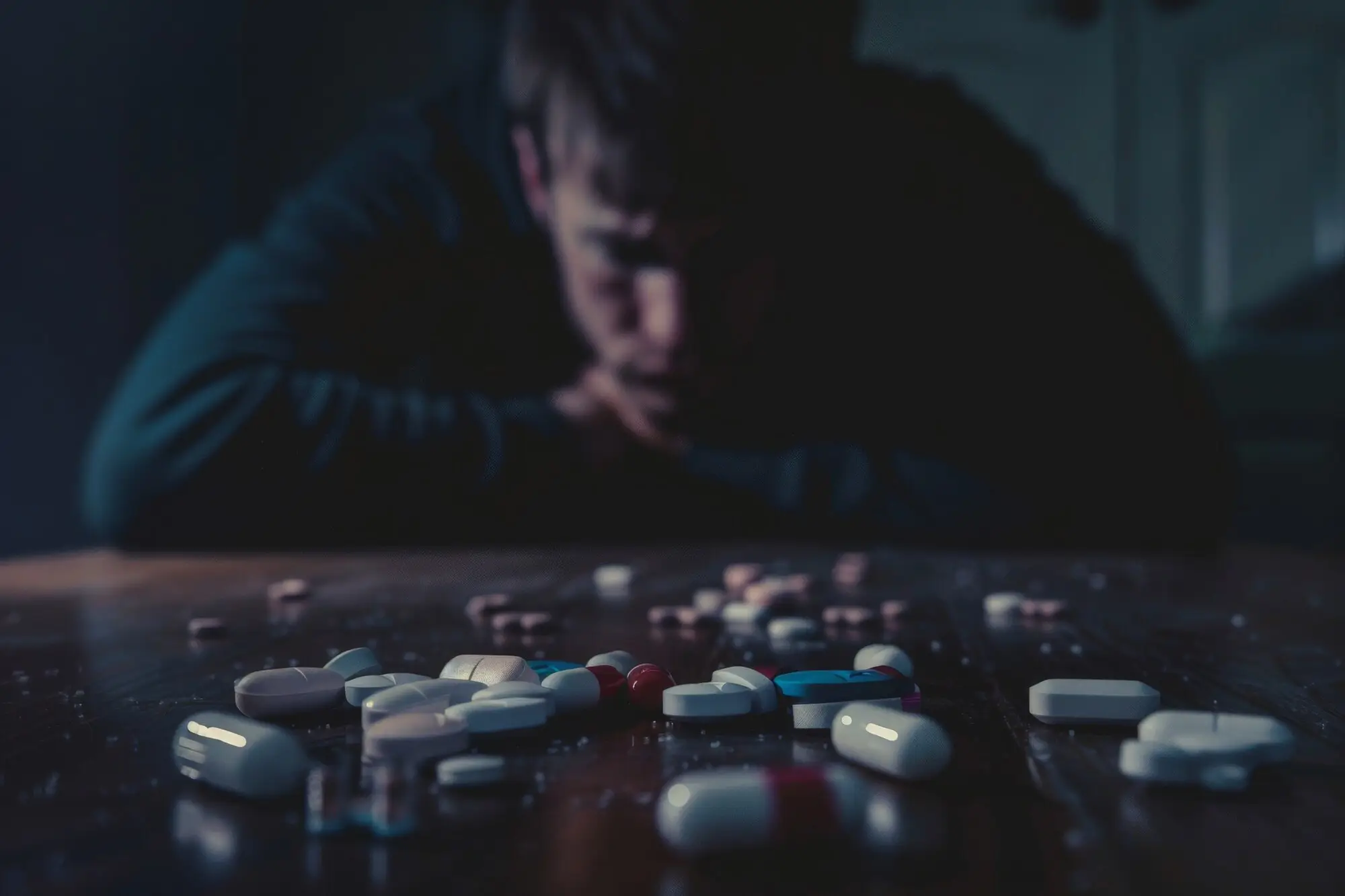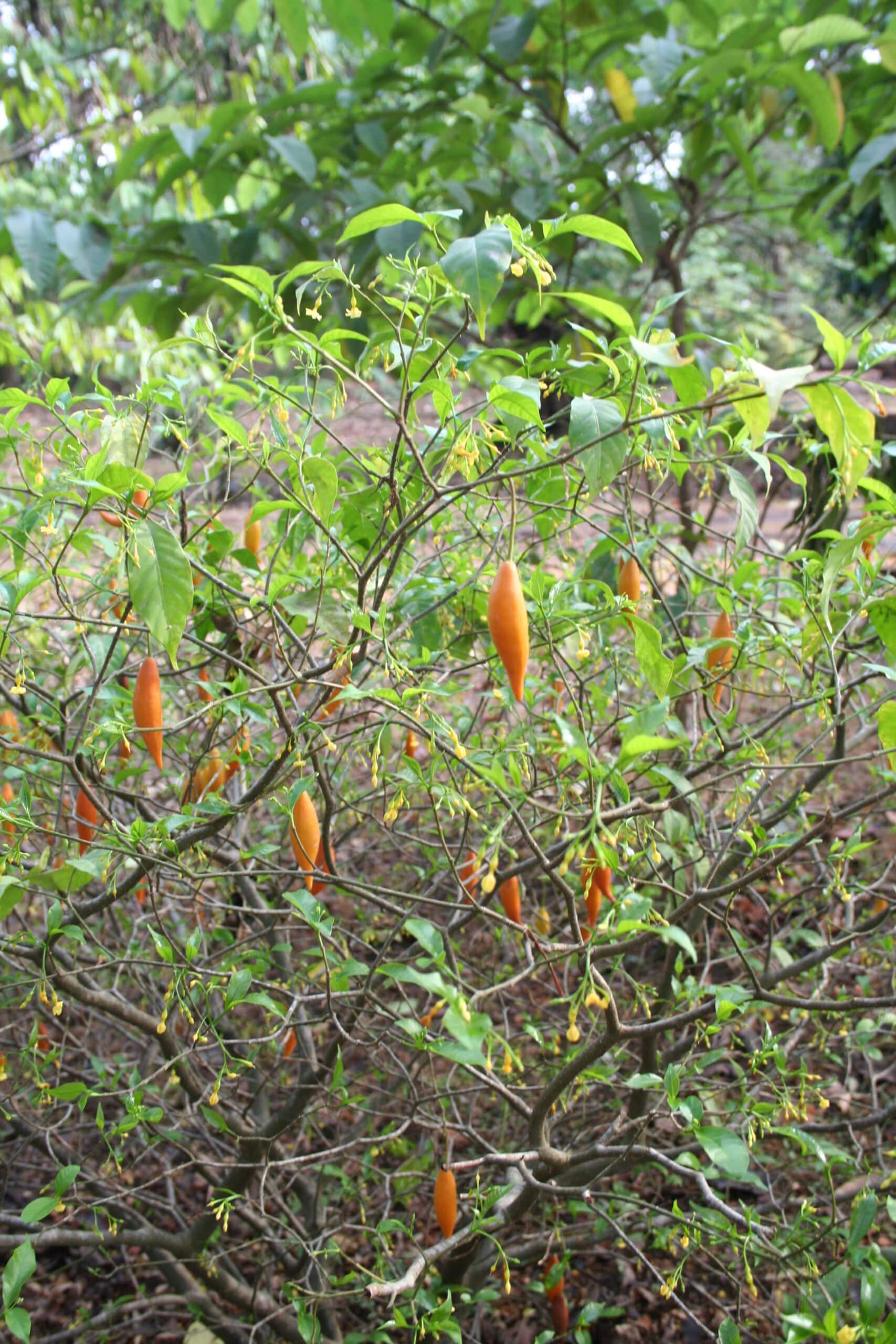Ibogaine is an alkaloid psychoactive substance harvested from the root bark of the Tabernanthe iboga bush that grows in Africa. Due to its therapeutic efficacy in addressing substance use disorders, including dependence on opioids, cocaine, and methamphetamines, it has gained a lot of attention among individuals looking for an alternative treatment for substance abuse disorder.
Although ibogaine has not been approved for clinical use or research purposes in many parts of the world, it is actively being studied and used in some countries where it is unscheduled. As global interest in plant-based and psychedelic therapies grows, there have been more questions raised about ibogaine’s legal status. This blog explains ibogaine’s legal status in different countries and examines why ibogaine is illegal in many countries.
Understanding Ibogaine’s Legal Status
The legal status of ibogaine varies globally. This variation is caused by the different drug policies, scientific perspectives, and historical backgrounds of each country. For example, ibogaine is classified as a Schedule I drug in the USA. This may be affected by the growing interest in psychedelic medicine due to its therapeutic potential. Canada’s legal status allows limited access under the Special Access Program, but access is rarely granted. This reflects a very cautious but open stance to its therapeutic potential.
On the other hand, European regulators remain divided. Some European countries are taking the first steps to decriminalization, while some are continuing to enforce bans, but may be moving towards the enforcement of harm-reduction models. At a global scale, ibogaine fits into the following legal classifications:
- Unscheduled: Unscheduled drugs are not classified as controlled substances and are not regulated.
- Controlled/Legal Usage: Use is allowed with a medical prescription or under specific conditions and regulations.
- Decriminalized: Possession is not criminally prosecuted, but distribution or sales may be illegal.
- Illegal: Use is entirely prohibited, meaning you cannot possess or distribute it even for medical uses.
Where is Ibogaine Legal? Regulations Across Continents & Countries
The legality of ibogaine is different around the world. Some countries are embracing its therapeutic potential, while some regulate use or ban it completely. Below is a breakdown by region.
North America
United States: Ibogaine is federally prohibited as a Schedule I Substance. Some states are exploring research avenues; state legislation is constantly evolving. The Senate Bill S1817 was proposed in the New York legislature, which would pave the way for research into ibogaine for the treatment of substance use disorders. Legislation was also introduced in Texas (HB 3717) to direct funds to the FDA’s clinical trials using ibogaine.
Canada: Although ibogaine’s sale and distribution are restricted in Canada, ibogaine is listed on the Prescription Drug List. This list makes it available only through Health Canada’s Special Access Program.
Mexico: Ibogaine is unregulated in Mexico, which allows clinics to provide ibogaine treatment free of restrictions. This has made Mexico an attractive hub for ibogaine therapy and has attracted many individuals seeking alternative addiction treatments.
South America
Brazil: In 2016, the state of São Paulo legalized ibogaine for prescription use in hospital settings. Over time, regulatory approval has slowly expanded to other parts of the country. Brazilian medical authorities are recognizing its potential in the treatment of addiction recovery, and ibogaine is allowed for administration under clinical supervision.
Other Countries: Countries like Peru and Colombia do not have specific national laws related to ibogaine and its effects. Because of that, the use of ibogaine exists in a legal gray area. Some clinics operate discreetly, but the lack of regulation may also signify a lack of safety oversight.
Europe
Portugal: Portugal has decriminalized the possession of all drugs, including ibogaine, since 2001. While decriminalization does not legalize the sale or clinical use of ibogaine, it creates potential space for ibogaine integration.
Other Countries: Several European nations, including Belgium, France, Norway, Sweden, and Ireland, have banned ibogaine due to safety concerns and a lack of clinical evidence. The Netherlands has allowed ibogaine treatment in specific clinics with guidance put in place; it has one of the more progressive stances in Europe.
Asia
The legal context of ibogaine in Asia is less definitive. In most larger Asian countries, ibogaine is either officially banned or not recognized in any drug policy discussion. Drug enforcement in Asia is notoriously strict, and consequently, ibogaine is rarely used and, in some cases, actively prohibited.
India: No official ban exists for ibogaine, but there is also no recognized legal pathway for the clinical or therapeutic use of ibogaine either. Lack of overall regulation means that the potential for legal issues regarding ibogaine treatment is considerable.
China: Like most psychoactive drugs, ibogaine is illegal in China. Even if possession or distribution were to occur, it would still likely be treated under strict anti-narcotics laws that would render any form of therapy implausibly legal and highly risky.
Africa
South Africa: Ibogaine is classified as a Schedule 6 substance, which means that it can be prescribed with strict medical oversight. South Africa is one of the few African countries where ibogaine is recognized and used in a modern medical treatment context.
Gabon: Gabon is the indigenous home of the Tabernanthe iboga plant. In Gabon, iboga is used in the traditional spiritual ceremonies of the Bwiti. While ibogaine is not formally regulated, it is socially accepted for cultural and spiritual use, and there are many parts of the country where it is legally protected.
Australia & Oceania
Australia: Ibogaine is a Schedule 9 regulated substance, making it illegal except for use in scientific research with special authorization. Ibogaine is not available for clinical or personal use.
New Zealand: Ibogaine is not classified as a controlled substance, so it is available for prescription at the discretion of a medical professional. This regulatory freedom has allowed clinics to thrive and legally offer ibogaine-assisted therapy.
Why is Ibogaine Illegal in Some Countries?
There are many reasons ibogaine is prohibited in many parts of the world. The most prevalent concern is safety. Cardiac arrhythmias and fatalities have occurred in unsupervised settings, resulting in negative reactions and caution from regulators. A significant concern is the absence of large-scale, peer-reviewed clinical research. The studies available are small, and not all of them have the oversight required from regulatory agencies such as the FDA. Ibogaine does not fit into traditional drug classifications, which makes it harder for agencies to regulate it. The legalization of ibogaine also raises concerns regarding the risk of misuse and substance abuse possibilities due to its psychoactive nature.
Future of Ibogaine’s Legal Status
The future of ibogaine primarily depends on how clinical research evolves. Several ongoing studies are examining the potential of ibogaine to treat substance abuse disorder and other conditions, such as TBIs and PTSD. In a global context, countries that observe positive therapeutic outcomes from ibogaine are likely to start loosening their restrictions. So, we may see changes to the strict laws prohibiting the use of ibogaine in the next few years.
Key Takeaways
On a global scale, the legal status of ibogaine in 2026 is complex. While many countries are seeing its potential as a therapeutic treatment for addiction, others continue to restrict it due to unresolved safety concerns. Experience Ibogaine provides access to medically supervised ibogaine therapy in Mexico, where it is unscheduled, supporting clients on their recovery journey with care and compliance. Contact us for more information.
Frequently Asked Questions (FAQs)
Yes, ibogaine is legal in some countries like Mexico, Brazil (with a prescription), South Africa, and New Zealand, where ibogaine is legal or unregulated.
Ibogaine is considered illegal in the US. Many people do travel outside the US for ibogaine treatment. If you are planning to travel for treatment, verify the clinic’s credentials and ensure they follow safety protocols and local health guidelines.
Ibogaine is classified as a Schedule I substance, which means that legal penalties are severe. Possession is illegal under federal law and may result in fines, arrest, or imprisonment.
Legal treatment options are available in Mexico, New Zealand, Brazil (with a prescription), and South Africa. Experience Ibogaine operates legally in Mexico and helps patients access safe, medically supervised care.
Ibogaine can be prescribed in countries where it is permitted, such as Mexico, Brazil, and South Africa. In the US, doctors cannot legally prescribe or administer ibogaine at the current time.




